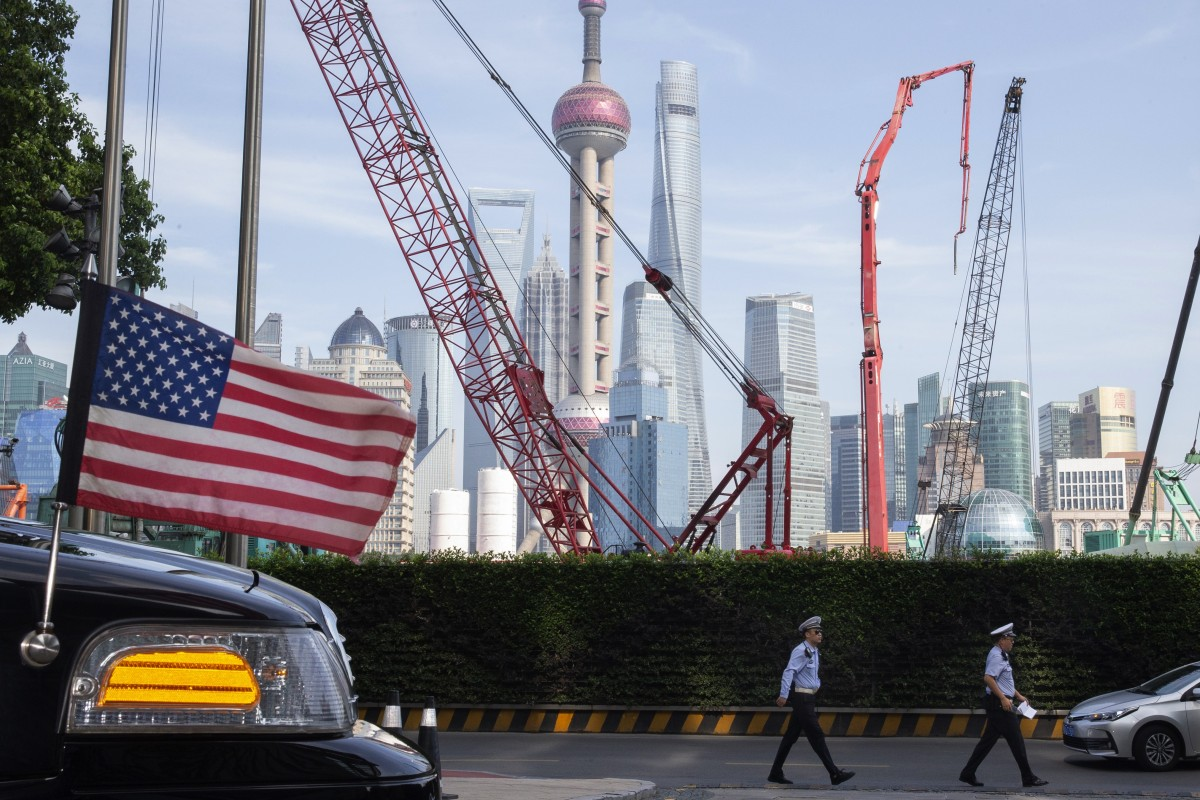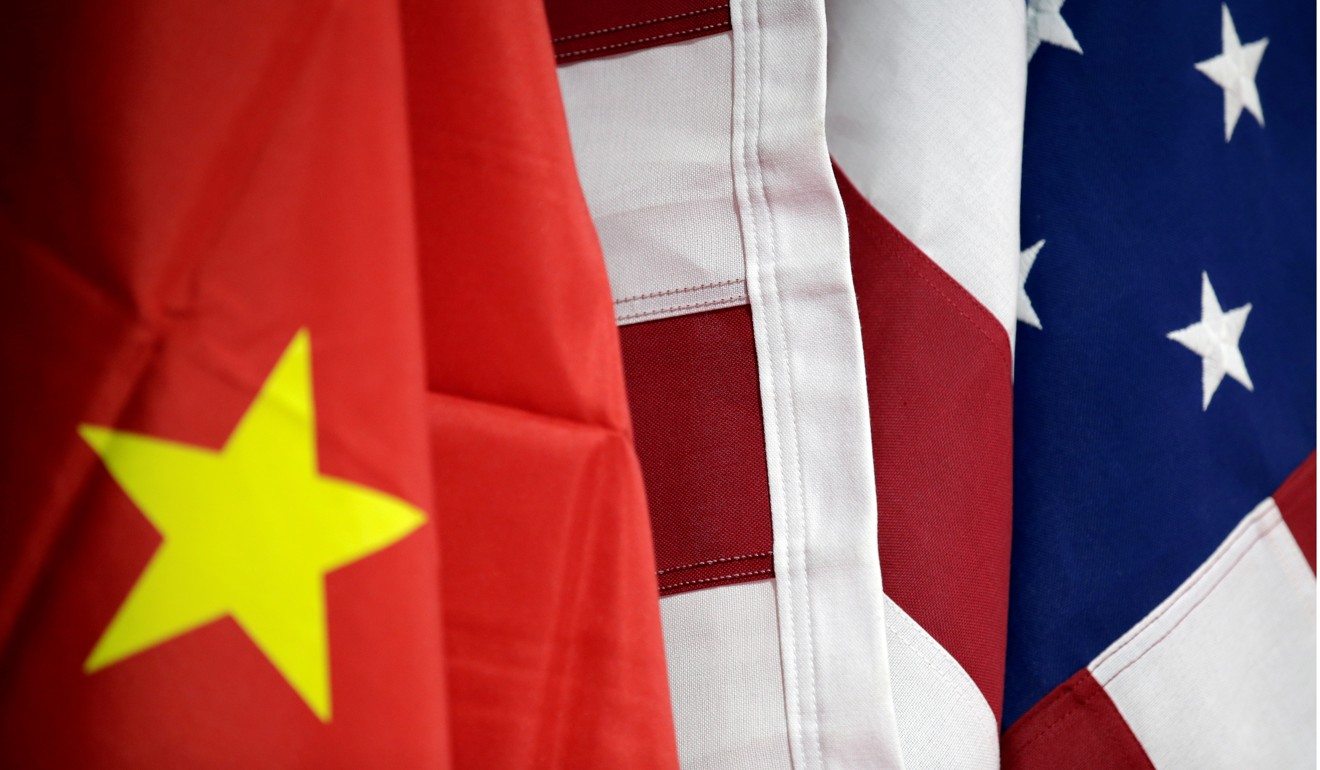China ‘needs to do more’ to adjust foreign policy and win friends as trade war with US rolls on


Beijing is adjusting its assertive foreign policy and scaling back moves to expand its presence abroad, but it needs to do more to win friends as tensions escalate with Washington, according to a government adviser and researcher.
They said there was an urgent need for China to rethink its foreign policy priorities after years of taking an assertive stance that had made other nations – especially its neighbours – increasingly worried, and created a situation that was adding to pressure amid its protracted trade war with the US.
Shi Yinhong, an international relations professor at Renmin University of China and a government adviser, said Beijing had been seeking to mend ties with nations including Japan and India, and across Southeast Asia and Europe – despite bitter territorial and historical disputes with some – because all-out confrontation with Washington was “more likely to be accelerated than mitigated”.
But, he said, “China should make up its mind and retract its strategy for the next five or six years”.
Earlier in the year, it appeared Beijing and Washington were getting closer to a trade deal, but talks collapsed in May, with the US accusing China of backtracking on its promises and imposing more tariffs, while a ceasefire agreed by the two sides in June was short-lived.
On Friday, US President Donald Trump told reporters at the White House that talks with China would continue but “we’re not ready to make a deal”.
“China has since May given up its rosy assumptions about Trump and woken up to the fact that Trump could be the hardest [leader] to deal with,” Shi said. “It has also realised that Washington has asked for much more than would be acceptable to Beijing in order to reach a trade deal.”
Shi said that while the Chinese leadership was under pressure to stand up to Washington, they needed to be more flexible in managing the country’s relations with other nations.
“China has taken a step back from some of its strategies as it needs to handle the trade war and it has less resources at its disposal,” he said. “Also, some of these strategies may have gone a bit too far.”
China also declared an air defence identification zone in the East China Sea in 2013, when tensions between Beijing and Tokyo were escalating over maritime sovereignty.
But Shi said China had not conducted major island reclamation in the South China Sea since 2016 or built any major new military facilities there.
Beijing claims much of the waterway – one of the world’s busiest maritime trade routes – but there are rival claims from the Philippines, Brunei, Malaysia, Vietnam and Taiwan.
“China should be befriending all other developed countries as its ties with the US turn sour. It is doing that, but it’s still far from what should be expected,” according to Shi.
He said the latest thaw in relations was only “breaking the ice”, and Beijing and Tokyo were not on the same page as to how to improve bilateral ties amid a continuing strategic confrontation.
“Added to that, the recent trade tensions between Tokyo and Seoul have dampened hopes of pushing forward a free-trade deal between China, Japan and South Korea,” Shi said.
Zhu Feng, dean of the international relations school at Nanjing University, agreed that Beijing needed to adjust its foreign policy.
He said the US was initiating “multidimensional conflicts with China, and US-China relations are now on a new trajectory”.
“China is facing unprecedented challenges and pressure in foreign relations – new thinking and adjustment is needed,” Zhu said.
But he added that China should “stay calm”.
“There’s no need to go head-to-head with US aggression, [Beijing should] avoid adding fuel to Trump’s anti-China narrative,” Zhu said. “Damage control is now important for China in managing its policy for the US.”


